
Thousands of Workers Tried Four-Day Workweeks. Many Reported Less Burnout and Better Sleep

Rethinking the Workweek: Why One Less Day Could Mean a Better Life
Tucked between morning commutes, Zoom meetings, and endless to-do lists, many of us quietly carry a nagging question: Is this really how life is supposed to be? Five days on, two days off—if we're lucky. We've normalized the grind so thoroughly that fatigue has become a virtue, burnout a rite of passage. Coffee fuels our mornings, weekends are spent in recovery, and by Monday, we do it all over again.
But what if the problem isn’t our lack of resilience? What if the real issue lies in the system itself?
All across the globe, thousands of workers are challenging that very premise. They didn’t win the lottery or get promoted—they simply got time. An extra day off every week. A four-day workweek, with no cut in pay and no strings attached. The outcome? More than just rest. People slept better, felt mentally sharper, were more focused—and remarkably, they got more done.
This isn’t a fringe dream or utopian ideal. It's part of a rapidly expanding, data-backed reevaluation of how we structure work, time, and life itself.
The Hidden Costs of the “Standard” Workweek
The five-day workweek, often taken for granted, was once a revolutionary idea. In the early 20th century, workers toiled through six or even seven days a week, until labor movements fought for a more humane schedule. When Henry Ford introduced the 40-hour, five-day week in 1926, it was a radical and generous move.
Today, that “modern” model is anything but. Nearly a century later, the structure remains locked into place, increasingly out of step with contemporary life and wellbeing. The result? A quiet epidemic of burnout, mental fatigue, and chronic imbalance.
In 2021, the World Health Organization officially classified burnout as an “occupational phenomenon,” not a personal weakness. And yet, many still internalize exhaustion as a character flaw rather than a structural failure. Lives blur into a steady churn of deadlines, digital notifications, and relentless demands, with little time left for recovery or reflection.
Science echoes what many already feel. Extended work hours have been linked to heightened risks of anxiety, depression, cardiovascular disease, and disrupted sleep. A 2021 study published in Environment International found that working more than 55 hours a week increased the risk of stroke by 35% compared to those working 35–40 hours. Even modest overwork, when stretched over years, erodes physical and mental health in subtle yet profound ways.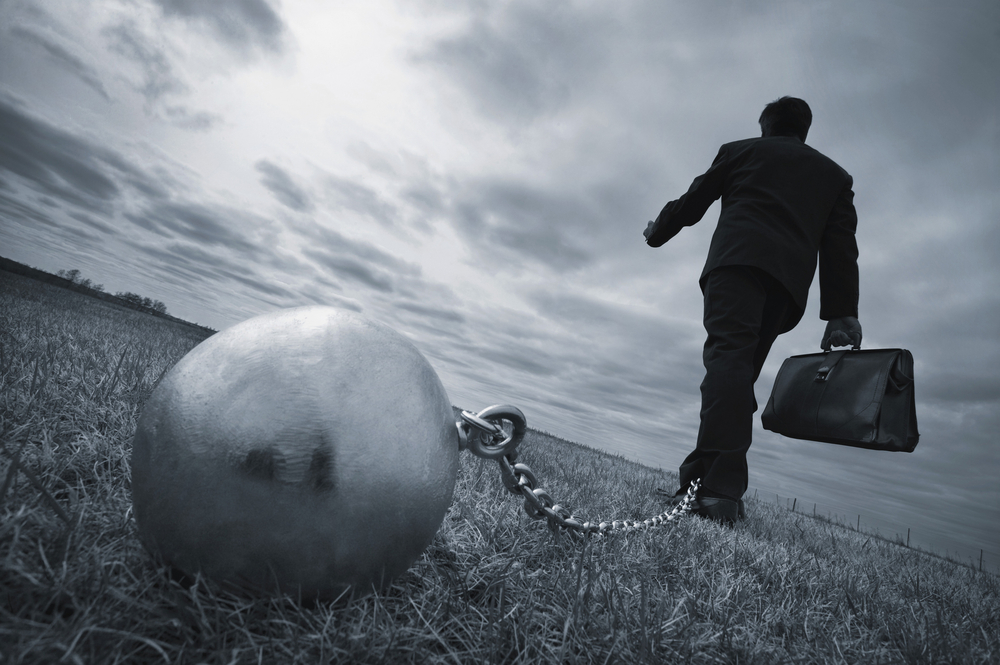
Dr. Wen Fan, a sociologist at Boston College and co-lead of a major international trial on four-day workweeks, puts it bluntly: “When we accept constant fatigue as the price of ambition, we mistake survival mode for normal life.”

A Global Reimagining of Time
What happens when people are given less time to work—but the same expectations for output?
That question fueled a landmark study led by Dr. Wen Fan and economist Dr. Juliet Schor at Boston College. Nearly 2,900 employees across 141 organizations in six countries—including the U.S., U.K., Ireland, Canada, Australia, and New Zealand—shifted to a 32-hour, four-day workweek for six months. Crucially, they received no reduction in pay.
Companies prepared by trimming inefficiencies, canceling unnecessary meetings, and redesigning workflows. The result was not just fewer hours—it was better hours.
Here’s what the study revealed:
-
67% of employees reported a reduction in burnout
-
41% saw improvements in mental health
-
38% experienced fewer sleep disturbances
And those were just the beginning. Even workers who shaved just a few hours off their week reported meaningful benefits. The improvements were measurable, consistent, and spanned industries—from education and healthcare to software and manufacturing.
Employees said they felt more energized, better rested, and crucially, more in control of their time. "They come into work Monday morning actually feeling recovered," said Dr. Schor. “They feel they can take on the week, instead of dreading it.”

Productivity Didn’t Decline—It Soared
Despite fears that a shorter workweek would harm productivity, the opposite happened: 52% of employees in the trial reported being more productive than under a five-day schedule.
This wasn’t achieved by squeezing 40 hours into four days. It came from cutting the clutter—fewer meetings, more focus, better collaboration. Workers weren’t rushing. They were working smarter, not harder.
Researchers dubbed it the “100–80–100 model”: 100% of the output, in 80% of the time, for 100% of the pay. With clear goals and fewer distractions, workers were more engaged, more focused, and more effective.
Better sleep also played a central role. Sleep quality improved in 38% of participants, with cascading effects: stronger decision-making, better emotional regulation, sharper memory, and even improved immune function. Neuroscience confirms what many intuitively know—a rested brain performs dramatically better.
Motivation also shifted. The promise of a long weekend became a powerful incentive. Employees became more intentional, more organized. They weren’t just working less—they were reclaiming their mental bandwidth.

The Human Impact of Time Freed
Perhaps the most profound changes occurred outside of work. That extra day each week allowed for deeper sleep, richer family time, renewed hobbies, and reengagement with community.
Parents became more present. Relationships improved. People started exercising again, volunteering, even starting creative projects. In other words, they started living more complete lives.
This isn’t just anecdotal. Researchers found that these “life gains” were consistent across age, industry, and geography. And they weren’t just soft benefits. Better life satisfaction often translated to lower turnover, better morale, and improved team dynamics at work.
One participant put it succinctly: “I used to crawl into the weekend drained. Now I enter it with energy—and I bring that energy back into my job.”
A Movement in Motion

This global shift isn't theoretical—it’s already underway. In Belgium, workers can now compress 40 hours into four longer days, giving them a full weekday off. Iceland has rolled out shorter workweeks across most of its public sector. Lithuania allows parents of young children to work 32-hour weeks with full pay. Even in Dubai, public sector workers now enjoy a summer four-day schedule.
And the private sector is catching on fast. Many forward-thinking companies, especially in tech and creative industries, now use a four-day week as a recruitment and retention strategy. In a talent market where employees increasingly prioritize wellness and flexibility, offering an extra day off isn’t just generous—it’s smart business.
“Work-life balance isn’t a perk anymore—it’s a baseline,” says Dr. Schor. Many firms in the trial chose to keep the four-day schedule permanently after seeing sustained or improved performance and plummeting turnover rates.
The Resistance—and the Opportunity

Despite the promising data, some organizations remain hesitant. Why?
One reason is control. Fewer hours mean managers have to relinquish some oversight. There’s also risk aversion: sticking with the status quo feels safer, even when it isn’t optimal. And finally, lack of policy support plays a role. Without national labor reforms, many employers are reluctant to be early adopters.
But history shows that widespread reform often begins with pioneers. Just as paid family leave gained momentum after a patchwork of voluntary policies, the four-day week may follow a similar path. Early adopters are setting the stage for systemic change.
A Future Worth Building
The conversation about work is shifting—from one centered on output to one focused on outcomes. From simply “getting things done” to asking what kind of lives we want to lead in the process.
The four-day workweek is not about laziness. It’s not about doing less. It’s about creating space—for relationships, for health, for rest, and for meaning.
We are not machines. We are human beings with limits, needs, and dreams. And when we align our schedules with our humanity, we don’t just work better—we live better.
The future of work doesn’t require hustle to the point of collapse. It begins with a pause. A reset. And maybe, just maybe, one less day at the office and one more day to be truly, fully alive.
News in the same category


History Got It Wrong? Scholars Uncover What Jesus Was Truly Called
It reminds us that the story of Jesus wasn’t just passed down through scripture - it also traveled through languages, translations, and centuries of human culture.

Scientists Discover Hidden ‘Off Switch’ That Could Erase Anxiety Instantly - No Side Effects
Discovering a precise, side‑effect‑free neural switch for anxiety is a major scientific breakthrough.

The insights your finger length offer about your personality
Some believe your finger length can reveal key aspects of your personality through a theory called the digit ratio. Though not scientifically proven, it links finger proportions to traits like confidence, empathy, and risk-taking.

Flight Attendant Unveils Why Your Answer Is Very Important When They Say “Hello” As You Get On Plane
While flight attendants are being polite, there is another reason why they say 'hello' as you board

Sh0cking New Research Claims There’s Only ONE Cause of Alzheimer’s Disease
According to the Arizona State University researchers, in Alzheimer’s disease, this natural cycle of stress granule formation and dissolution goes off track.

The Sh0cking Reason Flight Attendants Sit on Their Hands During Takeoff and Landing
If you see a flight attendant seated with their hands tucked underneath them during landing, remember—it’s not just a quirky habit.
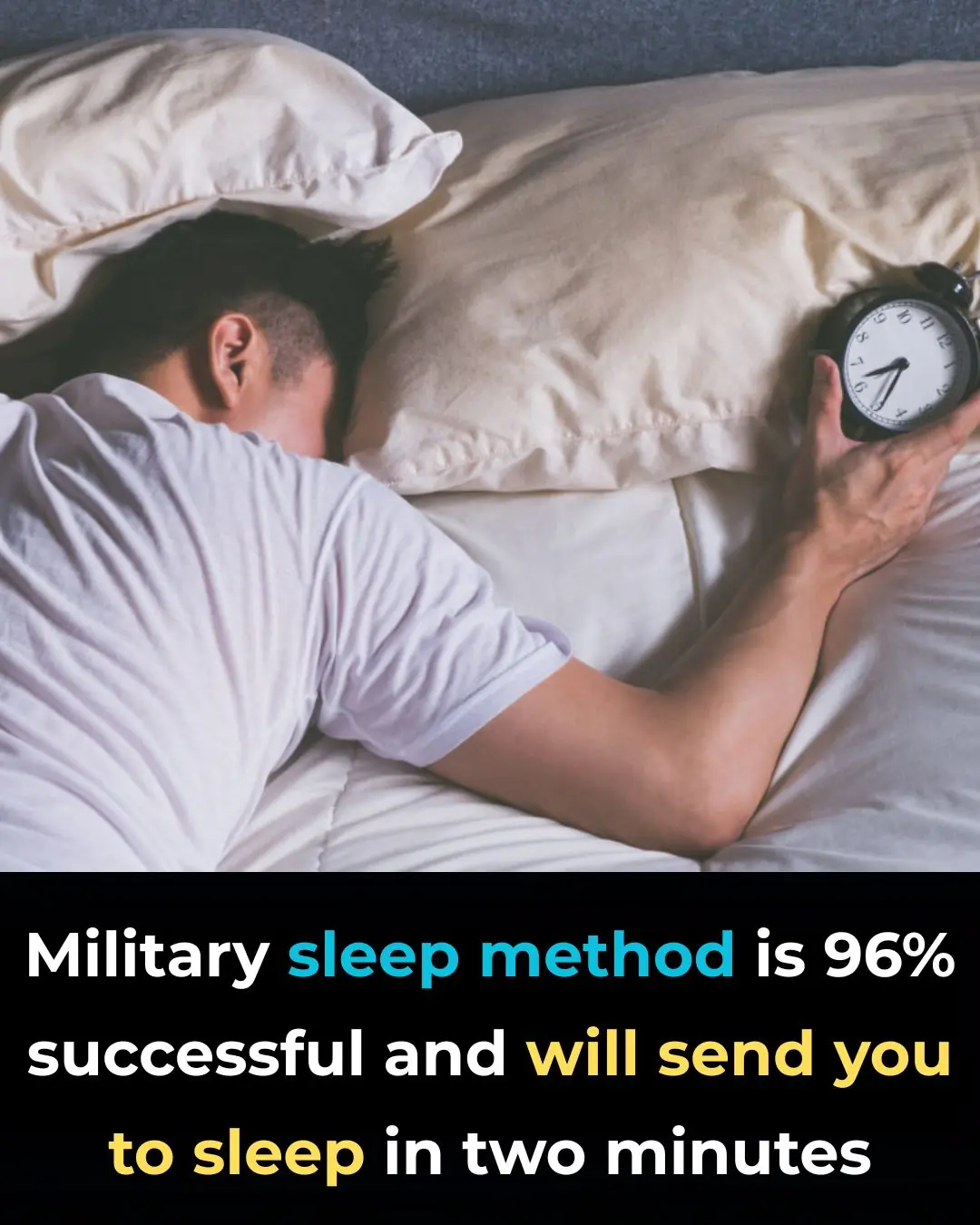
This Military Sleep Method Helps You Fall Asleep In Less Than Two Minutes

Instructor Told Pilot To Turn Seconds Before Black Hawk Collided With Passenger Jet

Here’s What You Need To Know To Stay Safe Of The The Hidden Fire Risk Of Air Fryers

Wildfire Grows Into Megafire In Northern Arizona—Now Driving Its Own Climate

Mystery Space Object Might Be An Alien Ship Preparing To Strike Earth

Research Reveals Cells’ Ability of Deceased Organisms to Form New Life

Denmark is fighting Al. It just gave citizens copyright to their own face, voice, and body.

Scientists Just Linked Autism to Neanderthal DNA Found in Modern Humans

Woman paralyzed for 20 years reveals shocking impact of Elon Musk's Neuralink brain chip

Fingerprints are supposed to be unique.
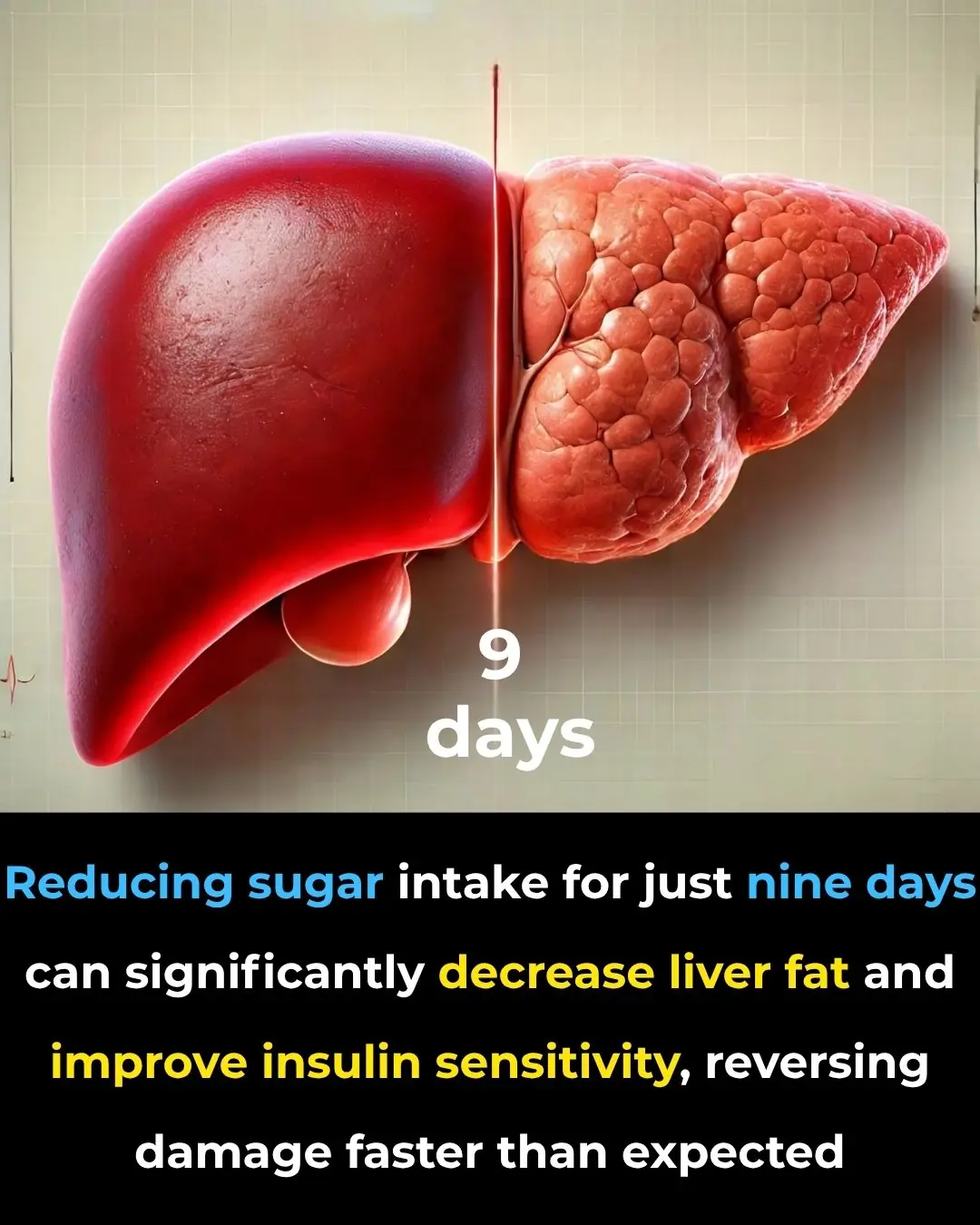
Healing begins not with medicine, but with subtraction.

The Hidden Dangers of Cooking with Aluminum Foil: Health Implications and Safer Alternatives
News Post

Veteran Hacker Reveals Most Terrifying Dark Web Encounters After 30 Years Online
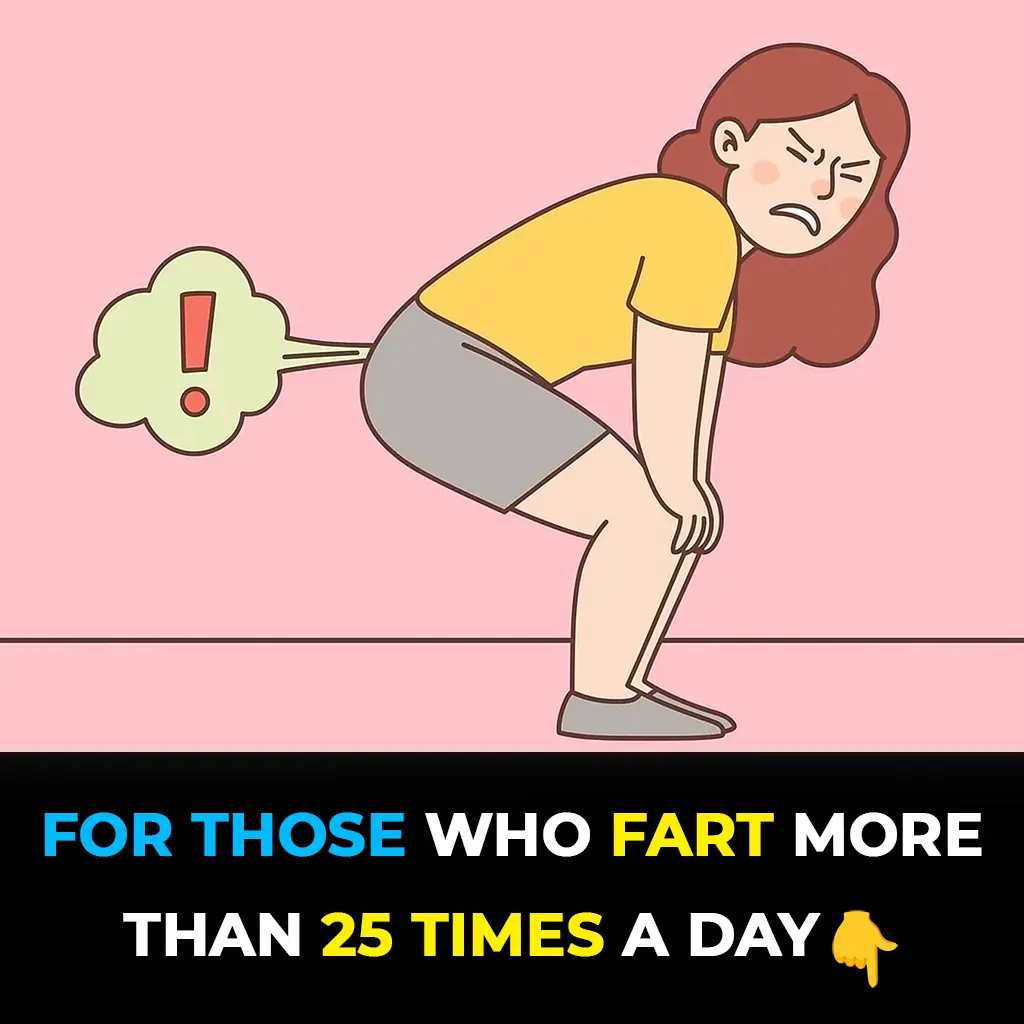
Be Careful If You’re Farting More Than 25 Times a Day—It Might Be a Sign Your Body is Trying to Warn You
Passing gas up to 25 times a day can be considered normal - but when you notice a sudden increase, especially if it's paired with discomfort or other symptoms, it's time to tune in.

History Got It Wrong? Scholars Uncover What Jesus Was Truly Called
It reminds us that the story of Jesus wasn’t just passed down through scripture - it also traveled through languages, translations, and centuries of human culture.

The Healing Benefits of Cloves: Natural Remedies for Improved Wellness

Scientists Discover Hidden ‘Off Switch’ That Could Erase Anxiety Instantly - No Side Effects
Discovering a precise, side‑effect‑free neural switch for anxiety is a major scientific breakthrough.

The insights your finger length offer about your personality
Some believe your finger length can reveal key aspects of your personality through a theory called the digit ratio. Though not scientifically proven, it links finger proportions to traits like confidence, empathy, and risk-taking.

Flight Attendant Unveils Why Your Answer Is Very Important When They Say “Hello” As You Get On Plane
While flight attendants are being polite, there is another reason why they say 'hello' as you board

Sh0cking New Research Claims There’s Only ONE Cause of Alzheimer’s Disease
According to the Arizona State University researchers, in Alzheimer’s disease, this natural cycle of stress granule formation and dissolution goes off track.

The Sh0cking Reason Flight Attendants Sit on Their Hands During Takeoff and Landing
If you see a flight attendant seated with their hands tucked underneath them during landing, remember—it’s not just a quirky habit.

Study Shows Men Are Twice as Likely to Die from ‘Broken Heart Syndrome’ Than Women – Here’s Why

This Military Sleep Method Helps You Fall Asleep In Less Than Two Minutes

13 Warning Signs of High Blood Sugar and 9 Ways to Take Control of Your Health
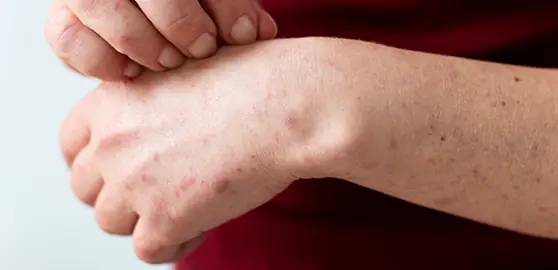
If You Have These Tiny Red Dots On Your Arm, Do Not Ignore The Warning Signs
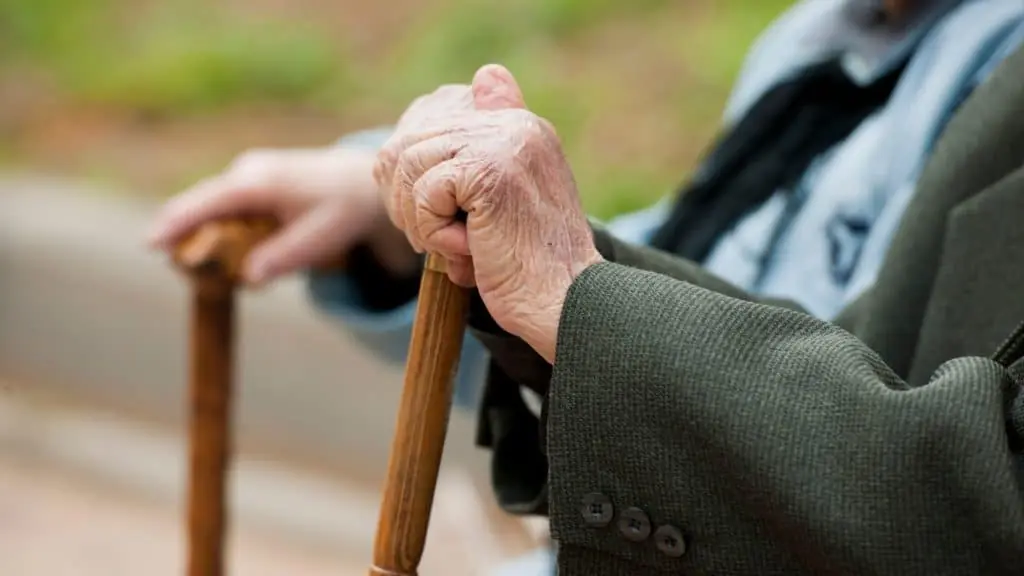
The Truth About “Old Person Smell”: What Causes It And How To Get Rid Of It
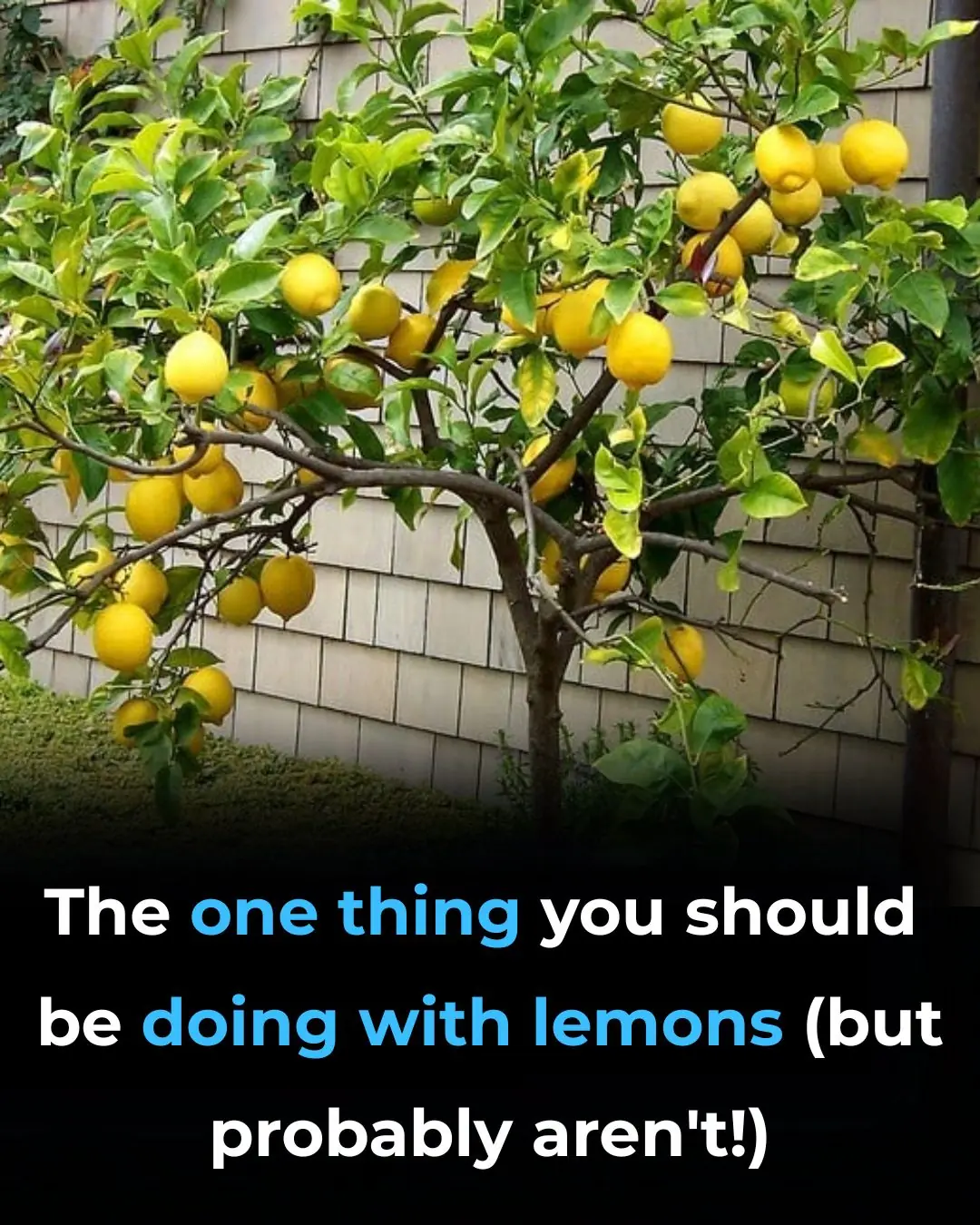
Scientifically Proven Health Benefits of Lemons (Including Lemon Water)

Instructor Told Pilot To Turn Seconds Before Black Hawk Collided With Passenger Jet

Here’s What You Need To Know To Stay Safe Of The The Hidden Fire Risk Of Air Fryers

Wildfire Grows Into Megafire In Northern Arizona—Now Driving Its Own Climate
